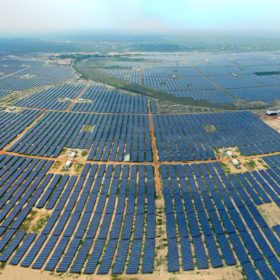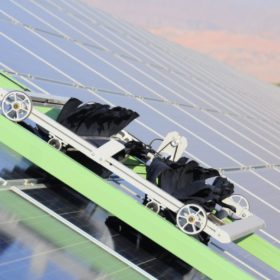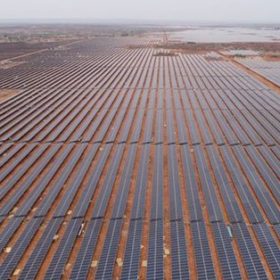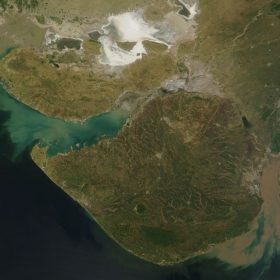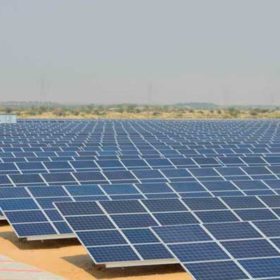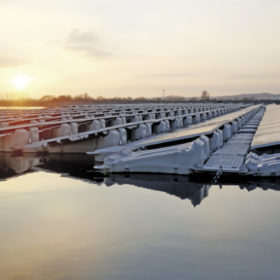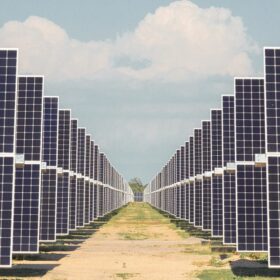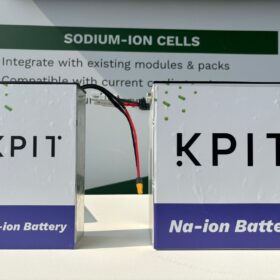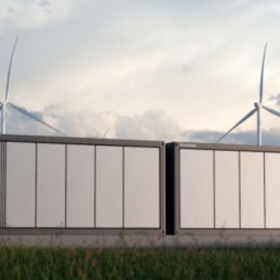Tamil Nadu: Solar developers get relief as APTEL quashes power regulator’s unviable tariff order
The Appellate Tribunal for Electricity (APTEL) observed that Tamil Nadu Electricity Regulatory Commission (TNERC), in its Solar Tariff Order dated March 28, 2016, determined the tariff/capital cost without cogent or adequate reasoning while also being divergent from its own regulations.
Ecoppia to deploy cloud-based robotic cleaners for over 400 MWp Fortum solar projects
The Israeli developer of module cleaning robots—which has secured over 7 GW of projects globally—will deploy its connected and water-free E4 solution for Fortum projects in Pavagada and Bhadla solar parks.
Andhra Pradesh proposal casts doubt on India’s renewable sector: Rystad Energy
India may fall around 7 GW short of its ‘60 GW by 2022’ utility-scale solar target if the power purchase agreement revision proposal by the state government is implemented.
Tata Power to develop 50 MW in Gujarat’s Dholera Solar Park
With this award, the company’s solar capacity under implementation in the state has now swelled to 400 MW, including another 250 MW in Dholera Solar Park and 100 MW in Raghanesda Solar Park.
Solar plant developers can set up excess capacity: MNRE
The requirement of design and installation of additional DC panels may emanate from the contractual need to supply the committed energy and does not cast any obligation on the procurer to buy generation in excess of the contracted energy range—stated the ministry in its advisory issued recently.
Gujarat solar capacity just shy of 2.7 GW
The state this week raised its clean energy ambition to 30 GW of generation capacity within three years as figures showed ground-mounted solar is expanding at a faster rate than rooftop installations.
Haryana retenders 57 MW grid-connected solar capacity
Haryana Power Generation Corporation Limited has retendered ground-mounted solar capacity of 57 MW with relaxation in eligibility criteria. The projects—to be set up on build, operate and transfer basis—shall come up at three sites in the state and will be awarded through international competitive bidding. Bidding closes on November 25.
Uttar Pradesh cabinet approves tariffs for 72 MW solar projects
The power produced by NTPC (40 MW) and Sukhbir Agro Energy (32 MW) will be purchased by Uttar Pradesh Power Corporation Limited at tariffs of Rs 3.02/KWh and Rs 3.05/KWh, respectively, for a period of 25 years.
Uttar Pradesh to tap state water bodies for solar power
Jal Shakti minister Mahendra Singh wants to achieve a win-win by wiping out his department’s Rs3,000 crore electricity bill and selling clean energy to the Ministry of Power. His solution involves ambitious plans for floating PV in Uttar Pradesh.
Tata Power to develop 150 MW solar for Tata Power-Distribution
The project has to be commissioned within 18 months from the date of execution of the power purchase agreement.
